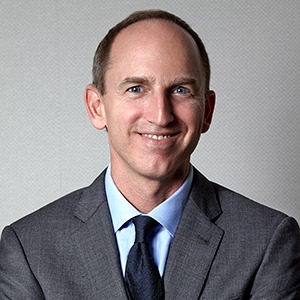Best Lawyers Near You in Claremont, California for Qui Tam Law
Practice Area Overview
The term qui tam comes from the Latin phrase "he who sues on behalf of the King, as well as for himself.” In other words, the FCA is no mere fraud hotline to report unethical behavior by a government contractor – the FCA gives any person the right to file a full-blown federal lawsuit on behalf of the United States. Because qui tam relators (or whistleblowers as they are sometimes called) bring claims on behalf of the United States in Court, they must be represented by licensed counsel.
By creating incentives for individuals with first-hand information to hire private counsel and prosecute lawsuits in conjunction with the Department of Justice, the statute creates a true public-private partnership between individuals with knowledge of fraud, private practice lawyers specializing qui tam litigation, and federal prosecutors. The public private partnership created by the FCA has been an unparalleled success; since 1986 more than $40 billion has been recovered, and qui tam whistleblowers have received hundreds of millions of dollars for their efforts.
Such recoveries are by no means easy or quick. In addition to understanding the complex needs of modern government and the commercial entities servicing those needs, qui tam litigation has a number of unusual requirements not found in other types of federal civil litigation. Those requirements – many of which are jurisdictional – include a pre-filing disclosure memorandum, a heightened pleading standard for the Complaint, and a number of unusual procedural hurdles such as filing the Complaint under seal.
State governments have taken notice of the successes of the United States and to date 29 state governments and the District of Columbia have passed some form of FCA-style qui tam statute.
Lawyers who have a subscription to profiles appear first.
Would you like to claim your lawyer profile?
Contact UsOur Methodology
Recognition by Best Lawyers is based entirely on peer review. Our methodology is designed to capture, as accurately as possible, the consensus opinion of leading lawyers about the professional abilities of their colleagues within the same geographical area and legal practice area.
The Process
Best Lawyers employs a sophisticated, conscientious, rational, and transparent survey process designed to elicit meaningful and substantive evaluations of the quality of legal services. Our belief has always been that the quality of a peer review survey is directly related to the quality of the voters.



